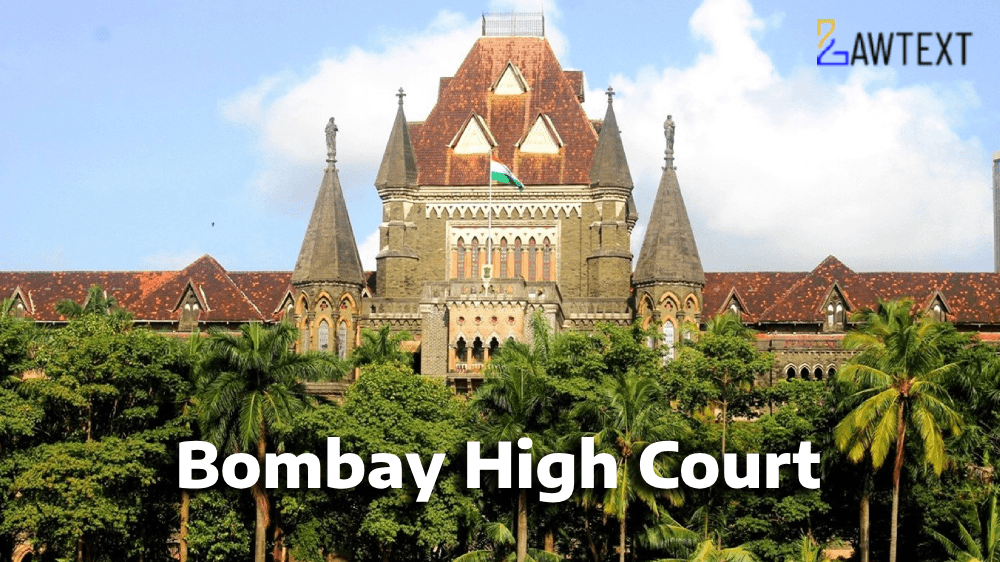Court Grants Probation to Teen Motorbike Offender in Fatal Accident Case. "Revised Sentence Reflects Consideration of Youth and First-Time Offender Status Amidst Legal and Procedural Challenges."

CASE NOTE & SUMMARY
The Petitioner, an 18-year-old, has sought revision against his conviction under Section 304-A of the Indian Penal Code and related Motor Vehicles Act provisions. The case involved an accident on 20.04.2013, where the Petitioner, riding an unregistered motorbike, collided with a deceased woman who later died from her injuries. The lower courts found the Petitioner guilty of rash and negligent driving. The Petitioner contends errors in evidence and procedural aspects, arguing for the application of the Probation of Offenders Act due to his age and lack of criminal record. The Court, considering the peculiar facts and the Petitioner's youth, decided to grant probation instead of immediate imprisonment.
-
Introduction:
- The Petitioner, aged 18 at the time of the incident, challenges the judgments and convictions in S.C.C. No.6499/2013 and Criminal Appeal No.102/2019.
-
Brief Facts:
- On 20.04.2013, the deceased was sitting outside her house when the Petitioner, riding an unregistered motorbike rashly, collided with her. The deceased was hospitalized but later died due to complications from her injuries. The F.I.R. was lodged on 07.05.2013.
-
Charges and Trial:
- The Petitioner faced charges under Section 304-A I.P.C. and various sections of the Motor Vehicles Act. Prosecution evidence included eyewitness accounts, spot panch, and investigation officer testimony. The Petitioner admitted the post-mortem report.
-
Judicial Findings:
- The Judicial Magistrate First Class found the Petitioner guilty. The Additional Sessions Judge upheld this judgment, finding the evidence and spot details supportive of the conviction.
-
Petitioner's Arguments:
- The Petitioner argued that the exact accident location was unclear, the incident was improbable due to the rough surface, and that the injury was not caused by the accident. Claims were made regarding the delay in lodging the F.I.R., the reliance on family witnesses, and the need for a medical expert’s examination.
-
Prosecution's Response:
- The prosecution asserted that the doctrine of res ipsa loquitur supported their case, with the evidence showing the accident's impact on the deceased. Delay in the F.I.R. was explained by the deceased’s medical complications. Non-examination of the medical officer was not deemed fatal as the post-mortem report was admitted.
-
Revisional Jurisdiction:
- The revisional jurisdiction is limited to examining procedural or legal errors. It does not extend to re-appreciating evidence but can address findings that are manifestly erroneous.
-
Court’s Analysis:
- The Court found no grounds to overturn the lower courts' findings. The evidence supported the accident's impact on the deceased, and the delay in reporting was deemed reasonable. The doctrine of res ipsa loquitur was applicable.
-
Probation Consideration:
- Considering the Petitioner’s age, lack of prior convictions, and the nature of the accident, the Court decided to extend the benefit of the Probation of Offenders Act. The Petitioner was released on probation, with specific conditions regarding fines and bond.
-
Order:
- The revision application was partly allowed. The conviction was upheld, but the Petitioner was granted probation for one year, with fines and bond conditions as specified. The trial court was directed to return records and documents.
Citation: 2024 LawText (BOM) (7) 151
Case Number: CRIMINAL REVISION APPLICATION NO. 376 OF 2019 WITH APPLN/4168/2019 IN REVN/376/2019 WITH APPLN/4169/2019 IN REVN/376/2019
Date of Decision: 2024-07-15
Case Title: Akshay S/o Madhavrao Khandve VERSUS The State of Maharashtra
Before Judge: : S.G. MEHARE, J.
Advocate(s): Advocate for Petitioner : Mr. V.D. Sapkal, Senior Counsel i/b Mr. S.R. Sapkal APP for Respondent/State : Ms. P.J. Bharad
Appellant: Akshay S/o Madhavrao Khandve
Respondent: The State of Maharashtra

